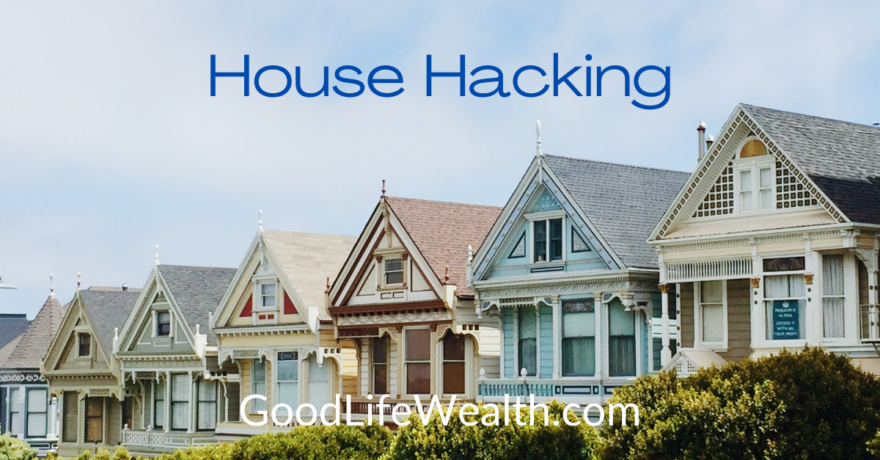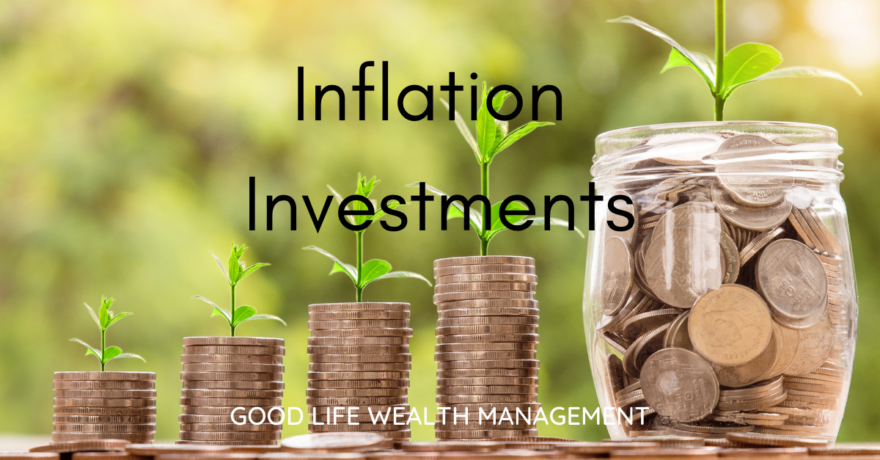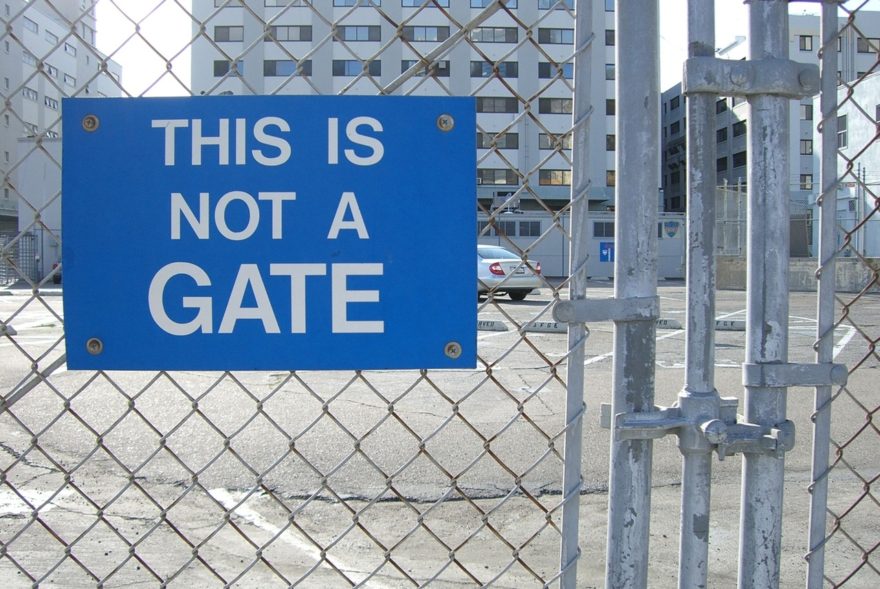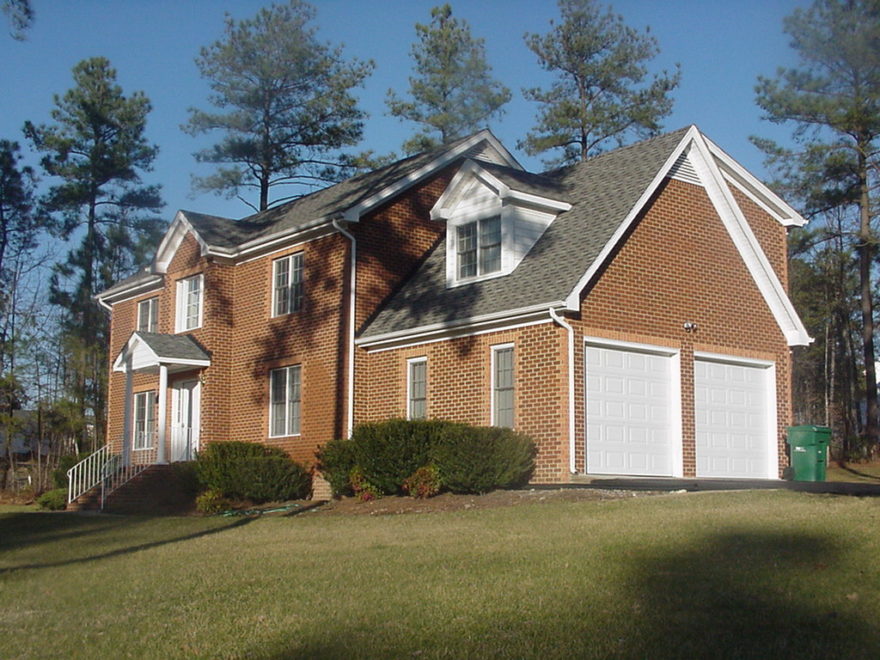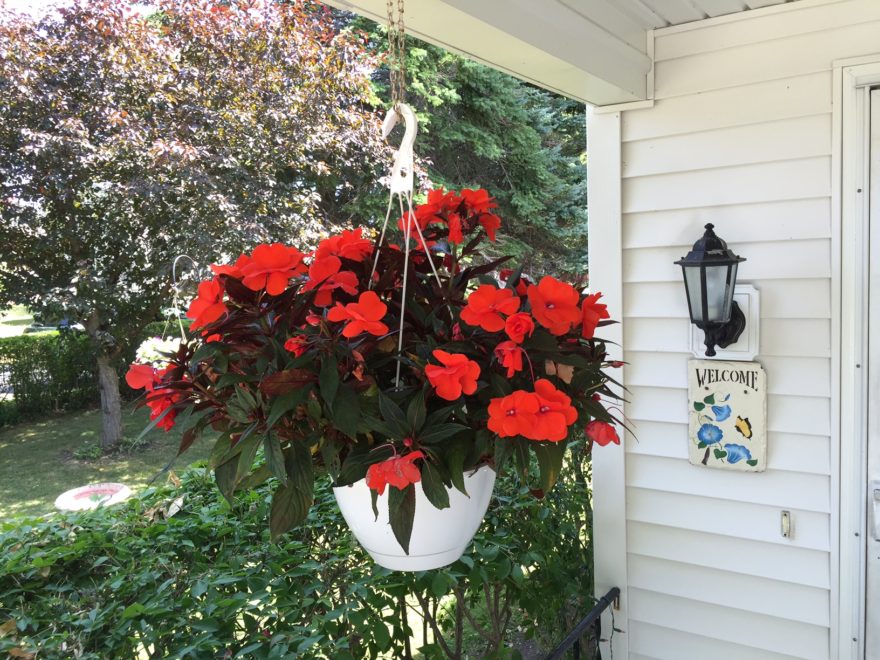With the 30 year mortgage rate at 7.50% today, it’s time we revisit home mortgage strategies. Loving your home is an undeniable part of the Good Life. In the past couple of months, we’ve had several clients who have moved or looked at buying a second home.
Understandably, the 7.5% mortgage rate is giving many people anxiety about this decision. And that is exactly what the Federal Reserve wants. To slow housing inflation, they needed to drive out buyers and reduce speculation to cool an overheated market. With home affordability problems in many areas, it may be a good thing to slow the rapidly rising house prices of recent years.
In the past, we might have seen real estate prices plummet given how quickly the Fed has raised interest rates. Prices today are not dropping, but at least the prices have stabilized and are no longer growing at double digit rates. We have an under-supply of housing, and there is relatively little construction of single family homes occurring, given the nationwide need. What is unique for 2023 is that sellers are disappearing, unwilling to move out of a home with a 3% mortgage (you will see why, below). There were 300,000 fewer homes on the market in September 2023 compared to one year earlier. Inventory remains very thin and that is why prices do not appear likely to drop anytime soon.
2023 versus 2021
We’re going to look through some mortgage examples and share some of the numbers that are typical today. We will go over a couple of home mortgage strategies that still make sense today. And we will revisit our philosophy and beliefs about home ownership.
The median home price was recently $412,000. For our examples, we are rounding that to $400,000 and putting down 20%, or $80,000, for a mortgage of $320,000. With a 7.5% 30-year mortgage, your monthly payment including taxes and insurance would be around $2,671 depending on your location.
For the rest of our examples, we are going to strip our taxes and insurance from the monthly costs and only look at the principal and interest payments. Your mortgage-only payment would be $2,237.49 a month. Over 30 years, you will pay a total of $805,495.11, in payments. That will repay your $320,000 loan plus $485,495.11 in interest payments. You will, in effect, be paying 150% more in interest than you borrowed. Borrow $320 thousand, pay back $805 thousand. It is just obscene, although not without precedent. Your parents may have had a similar mortgage rate at some point in the previous century.
Staying Put
If you had made the same purchase in 2021 with a 3% mortgage, or refinanced, it is a very different story. Your principal/interest payment would have been only $1349.13 a month, almost $900 less a month. Over 30 years, you would pay total payments of $485,687.85. That is only $165,687.85 in interest plus $320,000 in principal. And it seems much nicer to know that you are primarily paying principal and the interest payments are much less.
If you have that 3% mortgage, you probably don’t want to move to a new house. The 7.5% rates are keeping you out of the market, which again, is just as the Fed wants. There’s no doubt it can be preferable to stay put and enjoy your low mortgage rate. A few thoughts about your 3% mortgage:
- Don’t send additional payments to a 3% mortgage. There are money markets, CDs, and government bonds yielding 5-6% today. Only send the minimum mortgage payment. Talk to me if you have extra cash.
- Will it cash-flow? Rather than selling, have you considered turning your house into a rental or Airbnb? It is a lot of work and not for everyone. However, if you have a 3% mortgage, you have a much better possibility to turn a profit than a new investor who is going to have a 7.5% mortgage (or higher).
- Downsize. If you have built a lot of equity into your home and have more space than you need, I would not hesitate to downsize. If you can take your tax-free gains and buy a small house for cash, this can improve your retirement readiness. Having no mortgage at all can be very freeing.
Jump Starting Your Amortization
Back to our $320,000 mortgage at 7.5%. You’ve just bought this house and now have a monthly payment of $2,237.49. In the first month, that payment includes $2,000.00 in interest and only $237.49 in principal. In the second month, your payment would consist of $1998.52 in interest and $238.97 principal. These high interest rates have a horrible, ugly amortization schedule. Your initial years of payments are primarily interest and you hardly make a dent on your principal.
After three years of payments, you will have made $80,550 in mortgage payments, but only paid $9,555 in principal. If you go to move, you would still owe $310,455 on the mortgage. All this money spent on interest is gone.
Now, let’s take a look at what would happen if you could make a one-time extra payment of $10,000 in the first month. This is probably the last thing any new homeowner is thinking of doing, but let’s run the numbers and talk about why it might be a good idea.
That one early payment of $10,000 will reduce your loan by 37 months, saving you $73,452 in interest over the life of the loan. And it jump starts your amortization, shifting $62 from interest payments to principal payments every month.
Mortgage Strategies:
- If you have a 7.5% mortgage, try to make prepayments as early as you can. This can dramatically shorten your loan. Every dollar of principal will save you a multiple of interest in the years ahead.
- Evaluate your cash levels. Keeping a ton of money in the bank at 0% while you have a 7.5% loan isn’t helping. Make those prepayments now and avoid excess cash. Here is a Prepayment Calculator to estimate your situation.
15-Year Mortgage
I’ve long been a fan of the 15-year mortgage and have written about it previously. I’ve used 15-year mortgages previously on primary residences and been very happy with the decision.
Back to our example, we buy a $400,000 house and put down $80,000 leaving us with a $320,000 mortgage. With a 15-year mortgage, the interest rate today is 6.75% rather than 7.50% for the 30-year. Yes, the 15-year mortgage is going to be more expensive. It will be $2,831.71 a month, versus $2,237.49 for a 30-year. For less than $600 extra per month, you can cut your mortgage in half, from 30 years to 15 years. I like that, and it will help reduce expenses for retirement.
The 15 year mortgage also allows you to more rapidly build equity in the house, with more of each payment going towards principal. Remember for the 30-year, the first payment of $2,237.49 consisted of $2,000 in interest and $237.49 principal. With the 15-year, your first payment of $2,831.71 consists of $1,800 in interest and $1,031.71 of principal. I prefer this quicker amortization – the payment is $600 more, but $800 more is going towards principal.
After 15 years, you own a house outright with a 15-year mortgage. You might think that after 15-years, you would be halfway through a 30-year mortgage, but that isn’t the case. You would still have a balance of $241,365 of your original $320,000 loan. In the first 15 years, you paid less than 25% of the principal, and will pay 75% in the second 15-years. So, if you decide to move after 15 years on a 30-year mortgage, you have not accumulated a lot of equity to put towards the next home.
Home Perspectives
No doubt that a home is a key to building wealth. Oh no, I don’t mean that a home is a good investment. Not at all. Rather, a home is an expense, your largest liability. Choose poorly and a house can consume all your income and leave nothing left to save and invest. Living beneath your means remains the way to accumulate wealth. Consider House Hacking if you really want to minimize your expenses. So, a few more thoughts, most of which I have shared previously.
- Don’t wait for a housing crash. The supply of homes may be well under the demand for many years. I think we are unlikely to have a repeat of the 2008 housing sell-off, at least on the nationwide level. You can buy now, and potentially refinance in a couple of years if interest rates drop. But we also might see house prices rise again with lower interest rates as houses become more affordable. So, waiting for lower house prices or lower mortgage rates is not guaranteed to be beneficial. If you can find a great long-term home today, maybe it still makes sense long-term.
- Renting has become more attractive. In most of the country, renting is now much cheaper than buying. Renting gives you fixed expenses, few surprise repair costs, and the flexibility to move. There is too much pressure to own a home in the US. For many people, renting is preferable, especially if you plan to be there for less than 5-10 years.
- Your home is not an investment. Over the long-term, house prices only have done a little better than inflation. And that statistic is highly misleading because it doesn’t account for expenses. Don’t buy a home hoping for substantial appreciation. Buy it as a place to live and for your family.
- Tax benefits. Sorry, most people are not getting a tax benefit from their homes anymore. And yet, I still see realtors talking about tax benefits. The standard deduction for 2024 will be $14,600, or $29,200 for a married couple. Very few people will actually have enough in mortgage interest and property taxes to take an itemized deduction. Also, there are caps on what you can deduct: State and Local taxes up to $10,000 and interest only up to $750,000 of a mortgage. Most of my clients used to itemize before 2017 and almost none of them do today.
Financial Planning
Financial Planning is more than just investing well, and that is why we talk about things like Home Mortgage Strategies. The 7.5% mortgage rates are hurting home affordability. If you have to buy a house, understand what your amortization looks like and try to be sure to refi if you can save one percent or more. Back in 2020, I saw people who were looking at paying off a 3% mortgage because cash yields were so low. We discussed the opportunity cost of paying off a mortgage, and that still applies today. Unfortunately now in 2023, the expected 10-year return of stocks have not changed as much as mortgage rates have, and so today the weight of leverage at 7.5% is too great to ignore.
If you are thinking about moving, carefully consider the home mortgage strategies we discussed. Staying put can make sense. If you have an expensive mortgage, consider making prepayments in the early years. If you can afford it, choose a 15-year mortgage. I worry a lot about housing because it has become so much more expensive that people risk being House Rich and Cash Poor. And then, there is nothing left to invest. A home is often the biggest purchase of your life, so choose carefully! Think about how will this help to maximize your future net worth.




